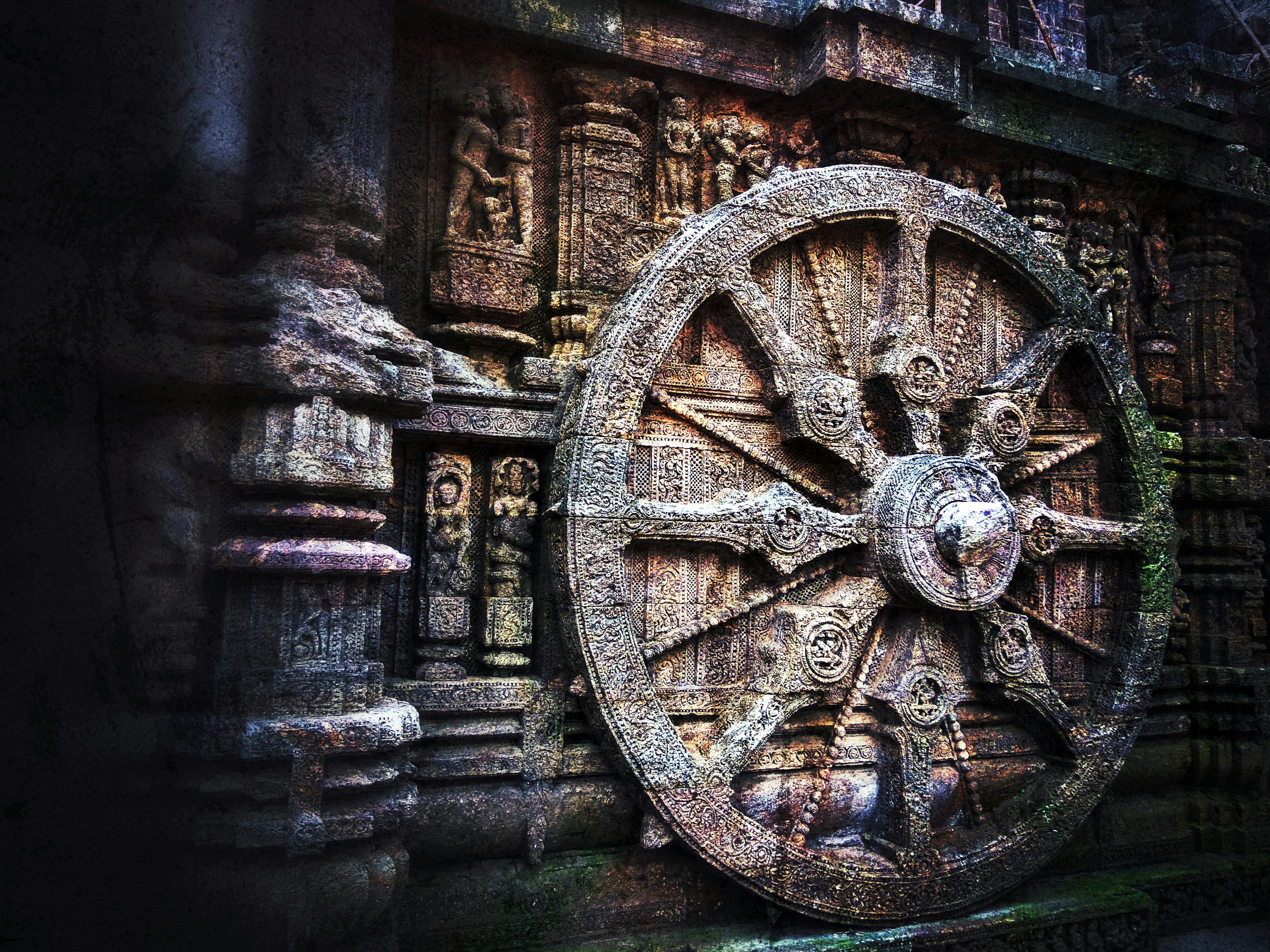Ancient transcripts for free: Know how to Approach
The quest for knowledge about our past has always been a captivating journey, and one of the most valuable sources of historical information lies in ancient transcripts. These documents, often hidden away in archives or libraries, hold the key to unlocking the secrets of civilizations long gone. While accessing such materials may seem like a daunting task, this guide will walk you through the steps to find ancient transcripts for free, allowing you to embark on your own historical adventure.
Utilize Online Archives and Databases: Free Ancient Transcripts

Image via Pexels.com
In the digital age, numerous online archives and databases have made historical documents more accessible than ever before. Institutions around the world have digitized ancient transcripts, making it possible to explore them from the comfort of your home. Websites like Project Gutenberg, Internet Archive, and Google Books are excellent starting points. These platforms host a vast collection of ancient manuscripts, ranging from religious texts to literary works and historical records.
Visit Local Libraries and Archives: Free Ancient Transcripts
While the internet has revolutionized the way we access information, local libraries and archives remain treasure troves for those seeking ancient transcripts. Many libraries house special collections that include rare manuscripts and historical documents. Librarians and archivists are valuable resources and can guide you to relevant materials. Some libraries also offer digitized versions of their collections, expanding your access beyond physical visits.
Explore University Libraries and Special Collections

Image via Pexels.com
University libraries often have extensive collections of ancient transcripts, particularly in their special collections departments. These collections may include documents donated by scholars, explorers, or private collectors. Universities with strong history or archaeology departments are more likely to possess such valuable resources. Contacting these institutions and arranging a visit to explore their special collections can provide a unique opportunity to access rare documents.
Engage with Historical Societies and Organizations
Many regions have historical societies or organizations dedicated to preserving and promoting their cultural heritage. These entities may hold copies of ancient transcripts or have information on where to find them. Joining these societies or attending their events can connect you with like-minded individuals and experts who may offer guidance on locating historical documents.
Participate in Community Archives Projects: Free Ancient Transcripts
In recent years, community-driven initiatives have emerged to crowdsource the digitization of historical documents. Platforms like FamilySearch Indexing and the Citizen Archivist Program by the National Archives and Records Administration (NARA) encourage individuals to contribute by transcribing and indexing historical records. By participating in these projects, you not only contribute to the preservation of historical documents but also gain access to a wealth of information.
Access Government Archives and Repositories

Image via Pexels.com
Government archives and repositories are often overlooked but can be rich sources of ancient transcripts. National archives, state archives, and municipal archives may house documents related to governance, legislation, and historical events. Many government archives have started digitization projects, making it easier for the public to explore their collections online.
Explore Museums with Document Collections: Free Ancient Transcripts
Museums are not only repositories for artifacts but also for documents and manuscripts. Some museums have extensive collections related to their exhibits, and they may offer access to digital versions of these materials. Contacting museum curators or researchers can provide insight into the available resources and any potential collaborations or partnerships.
Utilize Open Access Journals and Repositories
The academic community contributes significantly to the availability of historical transcripts through open access journals and repositories. Platforms like JSTOR, PubMed Central, and Directory of Open Access Journals (DOAJ) host scholarly articles and research papers that may include transcriptions of ancient texts. Searching these repositories can yield valuable insights and access to primary sources.
Attend Historical Conferences and Seminars

Image via Pexels.com
Historical conferences and seminars attract scholars, researchers, and enthusiasts passionate about uncovering the past. Attending these events not only allows you to stay updated on the latest research but also provides opportunities to connect with experts who may share information about where to find ancient transcripts. Networking with professionals in the field can open doors to hidden collections and valuable resources.
Join Online Forums and Communities: Free Ancient Transcripts
The internet has given rise to various online forums and communities where history enthusiasts share information and resources. Platforms like Reddit, History Stack Exchange, and specialized history forums have dedicated sections for discussions about historical documents and transcripts. Engaging with these communities can lead to valuable tips, recommendations, and even direct access to digital copies of ancient transcripts.
Conclusion: Free Ancient Transcripts

Image via Pexels.com
Unearthing ancient transcripts for free requires a combination of online and offline strategies. The digital age has democratized access to historical documents, with numerous resources available at the click of a button. However, the physical exploration of libraries, archives, museums, and engaging with historical communities can provide a more immersive and rewarding experience.
By leveraging the power of technology, collaborating with institutions, and tapping into the collective efforts of the historical community, you can embark on a journey to discover the voices of the past. The key lies in persistence, curiosity, and a willingness to explore both virtual and physical realms in the pursuit of uncovering the rich tapestry of human history hidden within ancient transcripts.
In the ever-evolving landscape of historical exploration, combining traditional methods with modern approaches enhances the chances of discovering elusive ancient transcripts. Embrace the potential of social media platforms, where groups dedicated to historical research thrive. Twitter, Facebook, and other platforms host communities that share insights, resources, and digitalized manuscripts. Additionally, consider reaching out to scholars and researchers through academia.edu or ResearchGate, platforms where professionals share their work. By harnessing the collective knowledge of these online networks, you can access a vast array of historical documents and engage in dynamic discussions, reinforcing your commitment to unraveling the mysteries embedded in the pages of ancient transcripts because it is beneficial.




